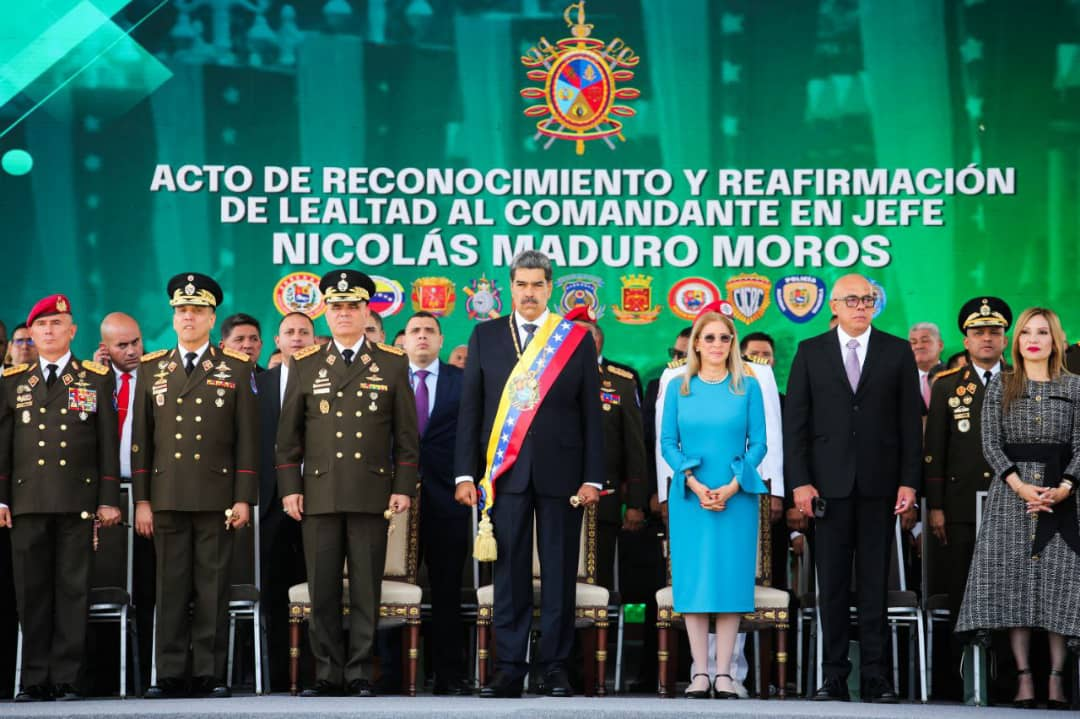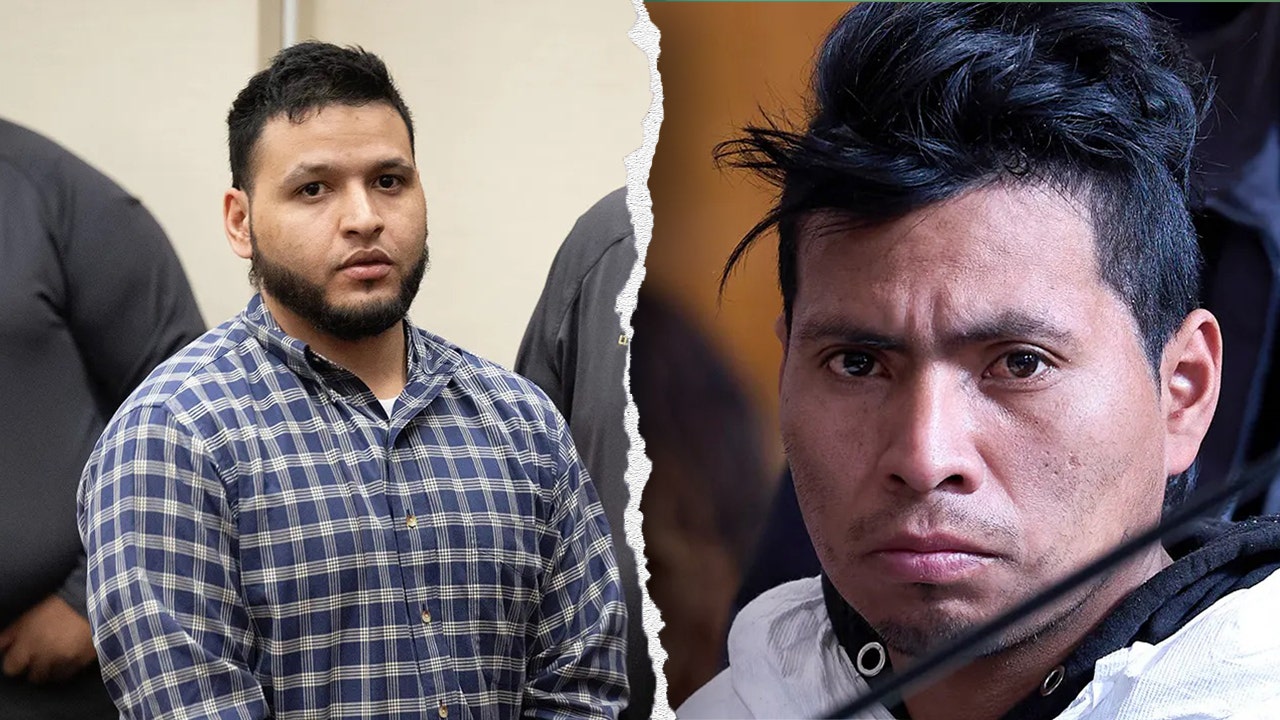7 January 2025 Human Rights
At least 5,601 people were killed in gang violence in Haiti last year, the UN human rights office, OHCHR, said on Tuesday, appealing for greater efforts by the authorities and the international community to address the root causes.
These deaths represent an increase of over 1,000 on the total killings for 2023, according to figures verified by OHCHR. A further 2,212 people were injured and 1,494 kidnapped.
“These figures alone cannot capture the absolute horrors being perpetrated in Haiti but they show the unremitting violence to which people are being subjected,” said the UN High Commissioner for Human Rights, Volker Türk.
Shocking massacre
OHCHR recalled that in one of the most deadly and shocking incidents, at least 207 people were killed in a massacre in early December orchestrated by the leader of the Wharf Jérémie gang in the Cité Soleil area of the capital, Port-au-Prince.
Many of the victims were older people accused of causing the death of the leader’s son through alleged voodoo practices. To erase evidence, gang members mutilated and burned most of the bodies, while others were thrown into the sea.
OHCHR also documented 315 lynchings of gang members and people allegedly associated with gangs, which on some occasions were reportedly facilitated by Haitian police officers.
Additionally, 281 cases of alleged summary executions involving specialized police units occurred during 2024.
Impunity still prevalent
“It has long been clear that impunity for human rights violations and abuses, as well as corruption, remain prevalent in Haiti, constituting some of the main drivers of the multi-dimensional crisis the country faces, along with entrenched economic and social inequalities,” said Mr. Türk.
“Additional efforts from the authorities, with the support of the international community, are needed to address these root causes.”
The human rights chief stressed that restoring the rule of law must be a priority. He added that to this end, the UN-backed Multinational Security Support Mission (MSS) in Haiti needs the logistical and financial support it requires to successfully implement its mandate.
Furthermore, the Haitian National Police, with the support of the international community, should also strengthen its oversight mechanism to hold accountable police officers reportedly involved in human rights violations.
Implement sanctions and arms embargo
Mr. Türk restated his call for the full implementation of the UN Security Council's sanctions regime on Haiti, as well as the arms embargo, which are crucial to preventing the supply of firearms and ammunition to the country.
“Weapons flowing into Haiti often end up in the hands of the criminal gangs, with tragic results: thousands killed, hundreds of thousands displaced, essential infrastructure and services, such as schools and hospitals, disrupted and destroyed,” he said.
He further noted that deportations of Haitians continue even though the acute insecurity and resulting human rights crisis in their homeland do not allow for safe and dignified return.
The High Commissioner reiterated his call to all States not to forcibly return anyone to Haiti.

 By UN (Americas) | Created at 2025-01-07 16:12:32 | Updated at 2025-01-12 04:07:35
4 days ago
By UN (Americas) | Created at 2025-01-07 16:12:32 | Updated at 2025-01-12 04:07:35
4 days ago








